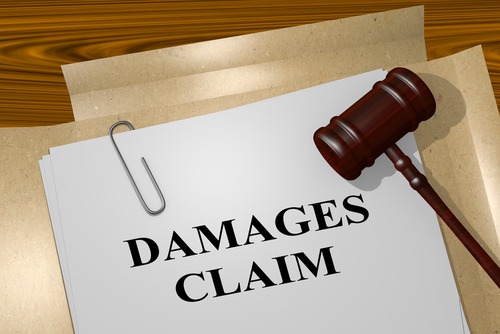
What to Expect From Deposition
When you are involved in a personal injury case, you may be scheduled for a deposition. But first you may want to know – what is a deposition? This is a tool commonly used in the pre-trial discovery process of a personal injury lawsuit. It is used to gain information and useful evidence for the trial. This means that a person will have to appear at a specified time and place to give sworn testimony under oath about the personal injury case for record’s sake. They typically occur after filing a lawsuit, but before trial of settlement takes place. Any information given may be admissible in court.
What are some reasons for holding a deposition, anyway? In a personal injury case, a deposition may take place for many reasons including obtaining important facts about your case, gathering information about the strengths and weaknesses of your case, examining how a person will testify at trial, and determining how and when the injury actually occurred.
In the Event of a Deposition…
Many attorneys involved in the deposition process will prefer to ask broad questions and allow the deponent to provide long answers. This could case the deponent to admit key facts when they go beyond the boundaries of providing a concise answer. Don’t be tricked – provide short and concise answers. You can use the following suggestions to help prepare for your deposition as well:
- Tell the Truth: If you don’t tell the truth in your deposition, you will have a perjury case. This is a felony and can damage your case if the truth comes out at trial.
- Listen: You should always listen thoroughly to the questions you’re being asked. Do not answer any questions unless you hear them clearly and completely. You may also ask the attorney or court to repeat any questions.
- Understand the Questions: Before you answer a question, make sure you understand it to the fullest extent. You may ask the attorney to explain or rephrase the question until it is understood.
- Confer With Your Lawyer: You have this right. At any time during the deposition process, you have the right to speak with your attorney privately. You may then ask them information regarding specific questions and how you should answer.
- Remain Calm: Do not lose your temper, even if you are pressed hard for answers. Speak in the same tone and manner that you would speak to your attorney at all times.
- No Notes: Don’t prepare notes, documents, or diaries. You cannot use them in your deposition unless the document has been approved by your attorney prior to the deposition taking place.
- Admit Mistakes: Correct any mistakes in answers given at any point during the deposition. You should always tell either opposing counsel or your own attorney about your mistake at the first opportunity.
- Never Speak With Opposing Parties or Counsel: After the deposition has taken place, do not chat with your opponents or their attorney at any time. If they use friendly manner, do not allow this to make you drop your guard or become chatty. You may end up revealing important information in your case.
What Questions to Expect
During a deposition, there is a wide array of questions that you may be asked. Here are just a few examples of what to expect:
- What types of illnesses and injuries have you suffered from during the course of your life?
- Have you previously been involved in any other lawsuits or legal claims? (This is referring to things like workers’ compensation.)
- Were there any witnesses to your accident?
- Did you file an insurance claim after the accident took place?
- What is the nature of your injury?
- What is your job history?
- How has your injury affected your life?
- When was your last treatment for the injury?
Understanding the deposition process can help you greatly when the time comes. Do you think you have the right answers for when deposition comes knocking at your door? You can contact MDL for more information. Schedule a free consultation and get any of your questions answered today!


















